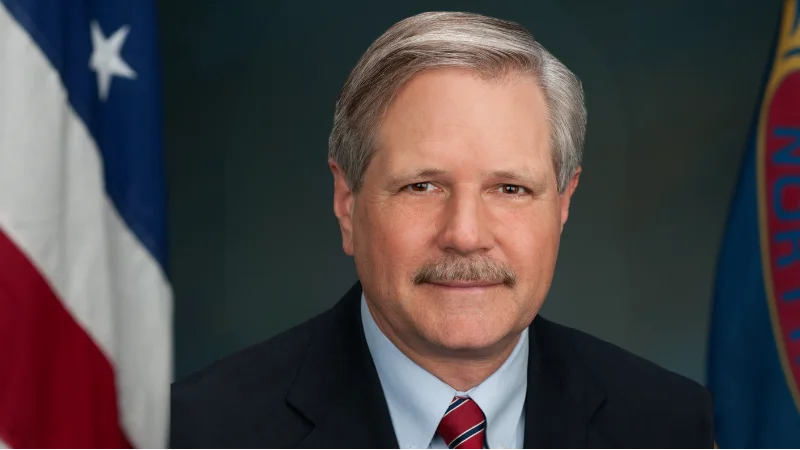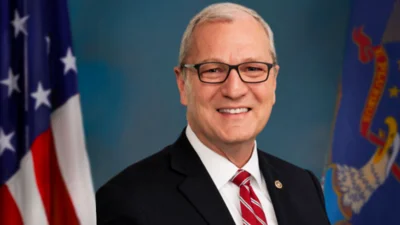Senator John Hoeven, U.S. Senator of North Dakota | Senator John Hoeven Official website
Senator John Hoeven, U.S. Senator of North Dakota | Senator John Hoeven Official website
Senator John Hoeven was present at the White House alongside President Donald Trump as the president signed executive orders aimed at bolstering access to coal-based electricity. The orders are intended to support the coal industry, a long-standing objective of Senator Hoeven, by ensuring the continued utilization of coal as an energy resource within the United States.
President Trump signed an order directing the Department of the Interior to pinpoint coal reserves on federal lands, thus prioritizing federal coal leasing. Hoeven is advocating for the reversal of specific Biden-era policies that limit the development of coal resources, particularly pertinent rules like the Public Lands Rule and the Resource Management Plan for North Dakota.
Additionally, the executive action seeks to ease regulatory constraints on coal mining and coal-fired power plants. This includes exemptions from the Mercury and Air Toxics Standards (MATS) rule, which was implemented by the previous administration. Senator Hoeven and former Congressman Kelly Armstrong have spearheaded legislation to prevent the Environmental Protection Agency from enforcing the MATS rule.
The orders further promote the advancement of technologies such as carbon capture, utilization, and storage (CCUS) and encourage the export of coal technologies to bolster U.S. energy leadership on a global scale. The Federal Power Act will be invoked to prevent the premature closure of coal-fired power facilities, maintaining grid reliability.
“Today’s executive orders help mobilize President Trump’s team in support of our nation’s coal producers, who provide affordable and reliable baseload power that is essential to the stability of our electric grid,” Senator Hoeven stated. He emphasized the importance of using the country's coal reserves to achieve energy dominance.
Senator Hoeven has been advocating for CCUS technology development in North Dakota for over 15 years. His efforts include establishing the regulatory framework necessary to expand CCUS, achieving state-level regulatory authority for CO2 storage, and supporting projects like Basin’s Dakota Gasification synfuels plant. This facility, noted as the largest coal-based carbon capture project in existence, captures up to 2.25 million metric tons of CO2 annually.



 Alerts Sign-up
Alerts Sign-up